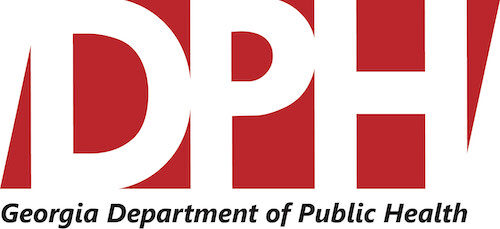This position is responsible for providing advanced technical and consultative services for community planning and assessment activities, environmental epidemiology programs, county health departments, and other units as assigned by the supervisor. This position is primarily responsible for supporting the Environmental Public Health Tracking (EPHT) Program, management and analysis of health and environmental outcome data, and consultation on associations between health and environmental exposures. The position is also involved in planning and implementing investigations pertaining to health outcomes associated with exposure to environmental contaminant or hazards. In this position, the incumbent will:
Identify, assemble, and manage data sets related to health outcomes associated with environmental exposures, health outcomes, and social determinants of health. Use Geographic Information Systems (GIS) for mapping, analysis, and visualization of public health data. Work with the Environmental Public Health Tracking (EPHT) project staff to analyze the data to produce rates, indicators, and other analysis needed for grant deliverables.
Assist county health departments and other agencies or entities, as assigned by the supervisor, in the conceptualization, development, and interpretation of health data and studies designed to determine if the health of the public is adversely affected by exposure to environmental contaminants or hazards. Provide technical and consultative services in developing epidemiological and GIS capacity for local partners and other public health stakeholders.
Coordinate outreach and partnership building with other agencies, County Health Departments, universities and other potential partners both in Florida and nationally. Ensure ongoing communication and follow up on county health department projects to track the use of data and services provided by the EPHT program. Periodically evaluate the protocol for providing technical and consultative services (epidemiologic and GIS methods) to county health departments and other agencies or entities and make recommendations for improvement to supervisor as necessary.
Serve on and lead national and state workgroups or committees related to environmental epidemiology as needed, including participating on conference calls and boards.
Review annual EPHT data updates and the implementation of new public health measures. Work with environmental epidemiology staff and subject matter experts to confirm unexpected data trends. Coordinate with state and national partners to develop messaging and resources for EPHT data measures.
Required Knowledge, Skills, and Abilities:
This position requires working knowledge of Geographic Information Systems (GIS).
Qualifications:
Minimum –.
Preferred – This position requires a Master’s degree in public health, statistics, environmental science, or related field.
Click here to apply!







Recent Comments